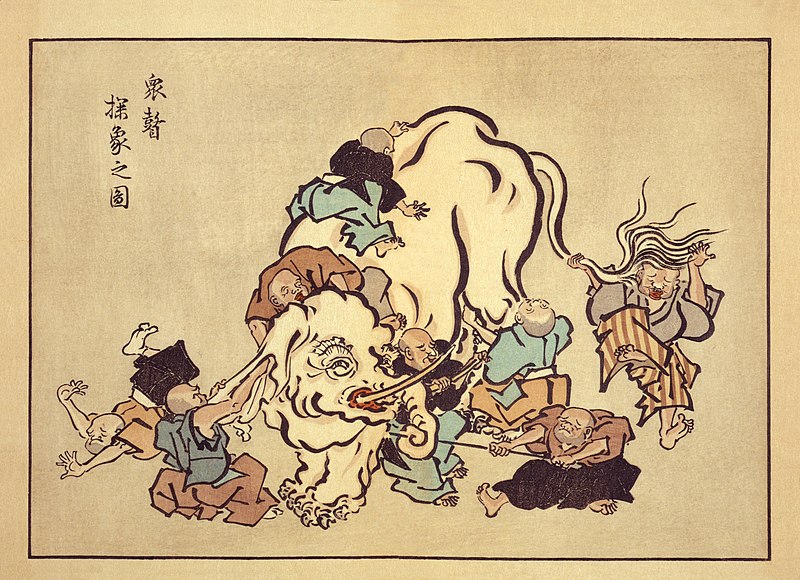Methodological integration
A comprehensive model of human development would attempt to find reality and truth, not be limited by a philosophical lens. Integral psychology purports to consider the best each philosophy offers in an attempt to discover reality (Wilber, 2000). Granted, concepts like reality may be heretical to contextualists, who condemn the universal as an illusion constructed by western society (Goldhaber, 2002.
Ken Wilber (2000), a leading proponent of integral psychology asserts that contextualists bash anything universal, except "for their own universal pronouncements in the importance of [their philosophy]." Wilber proposes "strict evidence" of similarities among the world's wisdom traditions. Just as "the human body everywhere grows 206 bones, two kidneys, and one heart, and the human mind everywhere grows the capacities for images, symbols, and concepts, the human spirit everywhere grows intuitions of the Divine" (pp. 16-17). With a vision that sees that "We are all the sons and daughters of a Godhead" (p. 190), the integral perspective holds high aspirations for the potential of human development. However, while inclusive, integral psychology might be just another philosophical lens.


